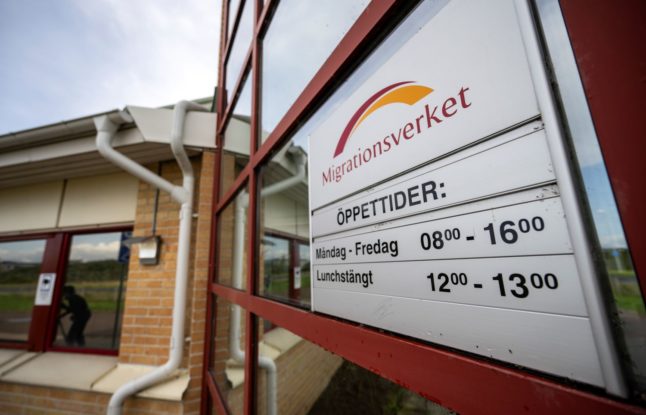- Deported work permit holders may have to wait years before returning to Sweden
- Sales engineer wins work permit case against Sweden's Migration Agency
- New rules give doctoral students less time to apply for residence permits
- Sweden fast-tracks citizenship applications for Brits amid Brexit uncertainty
- 10 things Sweden should do to make life better for international talent
- The Local's readers: What's it really like working in Sweden?
- What to do if your work permit renewal is rejected
- The Local Sweden's editor: 'Hind Aleryani is not a number, and neither is anyone else'

Are you a The Local reader who want to share your story? Get in touch. Photo: Vidar Ruud/NTB scanpix/TT
- Lebanese entrepreneur wins fight to stay in Sweden
- Award-winning Australian coffee entrepreneur told to leave Sweden
- 'I could be deported to Iran because Sweden doesn't believe I'm gay'



 Please whitelist us to continue reading.
Please whitelist us to continue reading.
Member comments